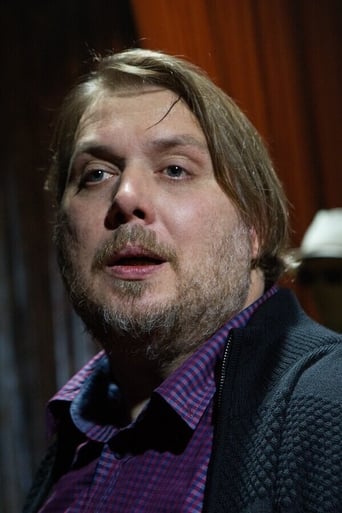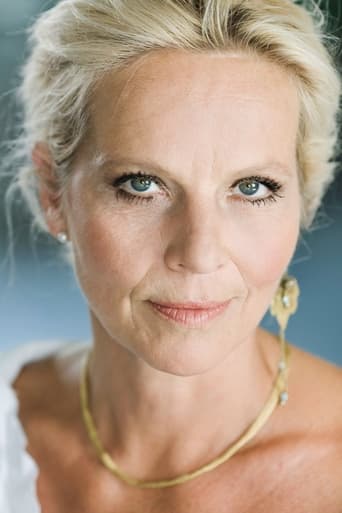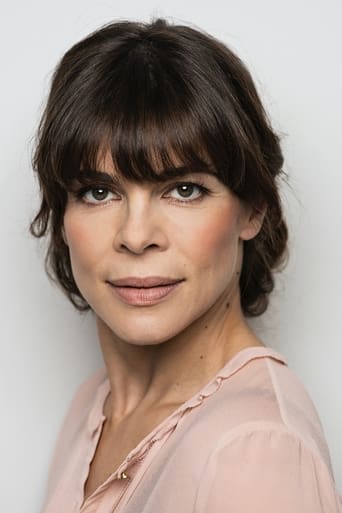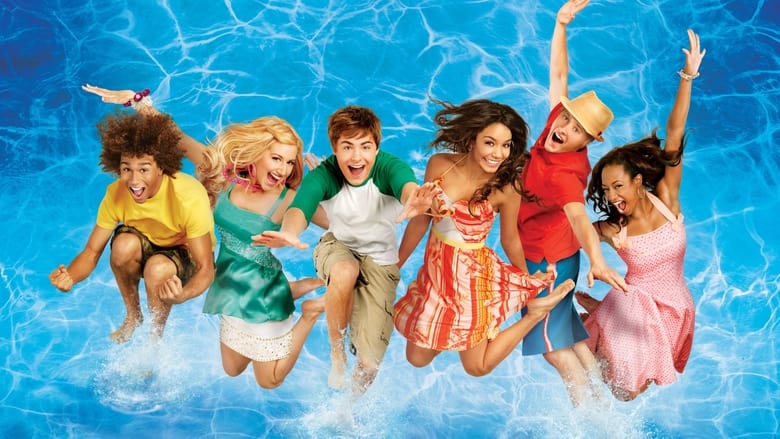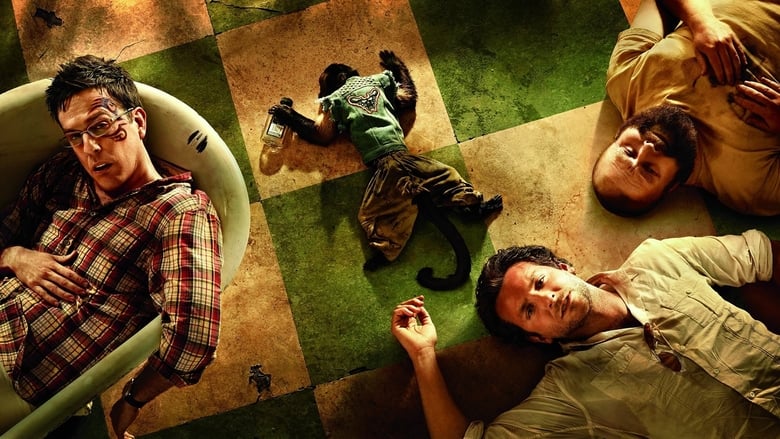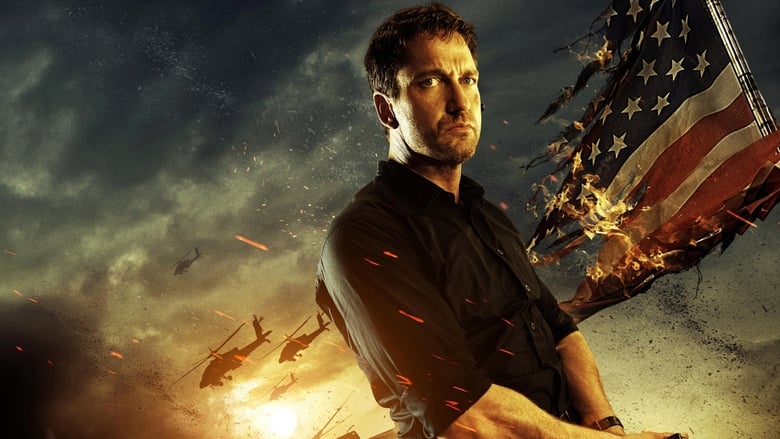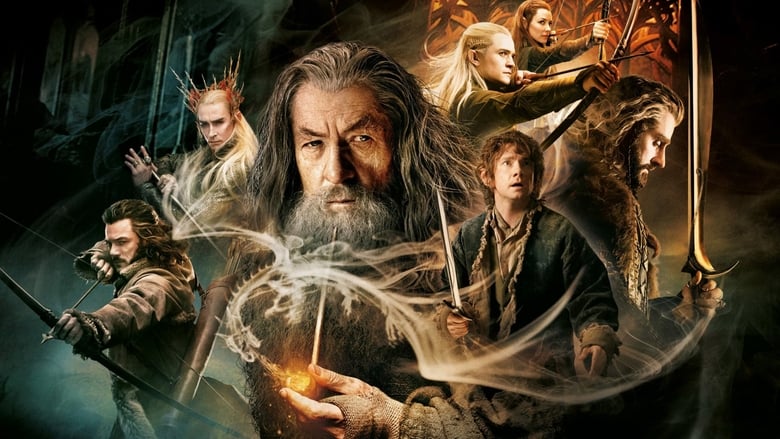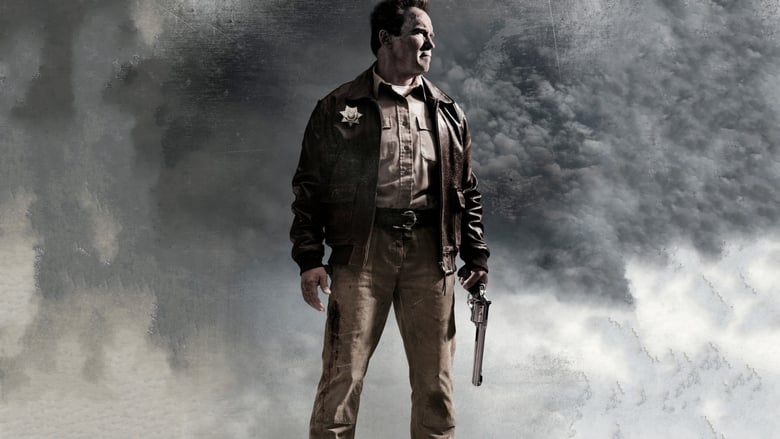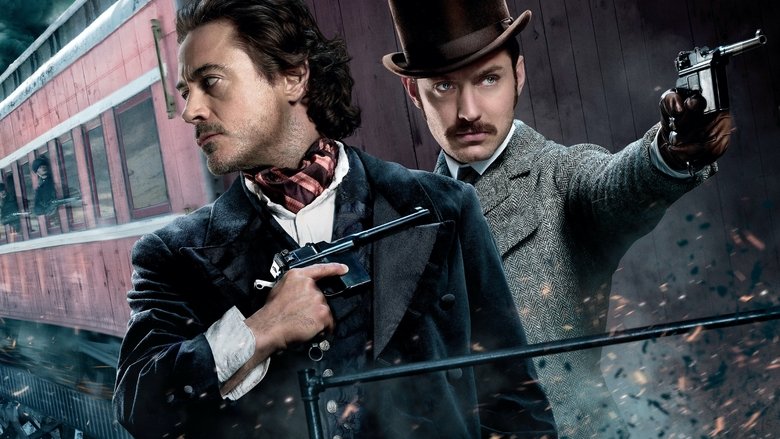Famous pianist Zetterström returns home to his native Denmark, to give a concert, just to find out that the choices he has made in his life have affected his love life greatly.


Reviews
I'm a big fan of existential folly in film, especially having completed many of my own. Zetterstrøm is the main character in this movie, a world-renowned pianist from Denmark. Since childhood, he is an assiduous "forgetter" of everything except his piano playing. This is to say that he stores up his disappointments, forgets them, and retreats behind a piano. After a love affair that ends due to his emotional constipation, he uses his facultative amnesiac skills once again, and this act is one step too far, so inimical to the fabric of reality, that a rent in reality is formed over three city blocks, and becomes referred to as the "Zone".Zetterstrøm buries himself in his solitary existence of piano-playing, quite literally performing concerts in the dark, or behind screens so that the audience cannot see him. Shadowy figures draw Zetterstrøm back to the zone, unwilling to allow his non-confrontational existence to continue. Zetterstrøm must be made to confront his past.It's a fascinating film, the narrator lets us know that it's Zetterstrøm's very brilliance which allows him to annihilate himself, that allows him to inoculate himself from reality.I'm in absolute adoration of films that attempt to make visual metaphors of the human mind, such a film is this (the Zone fulfils this purpose), Tarsem films such as The Cell and The Fall are others. There is no subject more sacred, more revelatory as regards human potential. There's a scene where Zetterstrøm sits and has dinner in an ornately plastered ballroom. The windows and floor are all blacked out with plastic sheeting, and the room is covered in latched boxes loaded on pallets, representing Zetterstrøm's repressed past, there's also a cage with globes of light in, recognising the potentiality of his mind.When there's narration we also see some very nice cartoons with Zetterstrøm as a child, that's another metaphor I'm very fond of from The Cell, that many of us are still children inside, just wounded, subdued, and with horrid barriers put up. You may have guessed that this movie moved me deeply.
Zetterstrom, a talented pianist, is seen at an early age playing a composition for his teacher. His career that takes off because of his talent, comes to a crossroad when he meets the beautiful Andrea one night when he is locked out of his apartment. It is obvious he loves her, yet, one notices a certain lack of commitment on his part. Andrea's love for Zetterman will end up in tragic consequences.The pianist goes to New York, where he is well regarded for his brilliant technique, returns to Copenhagen where things have changed dramatically. There is a part of the city that has been cut off from the rest where no one is allowed to enter. Zetterstrom is asked to visit a mysterious man and he is given secret instructions in how to get in "The Zone". His memory, it appears, has left him. As much as he tries, he doesn't seem to reconnect with his past.Zetterstrom receives an invitation to come to the Zone. Once there, the pianist meets a man in a wheelchair who instructs him to drink from a glass. He is leery, but decides to go along. What happens is that Zetterman's talent for playing the piano is gone forever as we searches in vain to regain it. Snippets of his past are seen in flashes leaving him frustrated because suddenly, he knows what went wrong in his relationship and personal life."Allegro", Christoffer Boe follow up after "Reconstruction" is an ambitious movie trying to combine on elements that we have seen in other films. The director goes into a territory that has been explored by other movies of the same subject. "Eternal Sunshine of the Spotless Mind" and "Alphaville" two other movies that come to mind, must have inspired Mr. Boe in his conception of the material. Best of of all is the cinematography of Manuel Alberto Claro that serves the story well.Ulrich Thomsen makes an appealing Zetterstrom and perhaps the best excuse for watching "Allegro". Gorgeous model turned actress Helena Christensen doesn't have much to do, although her part is not as important. Hennig Moritzen, who appears as Tom, makes an excellent contribution.
I don't understand how the previous reviewer could accuse this film of trying to be too mysterious and of being "overexplained"--these seem inconsistent to me. For my part, I found it straightforward and a bit didactic but I do think the psychological phenomena it pointed to are worth thinking about. Those who remember "Reconstruction" will find this exercise similar in style but less ambitious. It does have its flaws--for example, the devices used to attempt to generate suspense are not very effective. I would say this film succeeds more at getting those in the audience who are attuned to the questions it raises thinking than it does as pure entertainment.
Following the Cannes Camera D'or winner, "Reconstruction", Danish director Christopher Boe has made a new unusual film:Allegro Filmed primarily with hand-held camera, the picture is almost as gritty as some Dogme 95-movies. The camera is slightly shaky and keeps fast-zooming at faces all through the movie: Faces are important. Looks are important. Ulrich Thompsen (The Celebration) is the main character, the pianist Zetterstrøm, who is the person, around whom the film centers. Zetterstrøm is not really living life and playing piano, rather he is playing piano and living life through his piano. He is the archetypical introverted person, who lives in his own world, keeping distance to other people and of course love. A chance meeting with a beautiful woman, played by Danish supermodel Helena Christensen, alters his life, but his unbalanced self cannot truly recognize or accept his own feelings, so they part.10 years later - the movies starts. A voice-over by Henning Moritzen (The Celebration, Cries and Whispers) tells us that Zetterstrøm has forgotten about his past, that he is even more secluded from the world of feelings and drawn into perfecting his piano playing. The Voice-over is also a character in the film - Tom, in all probability some fictitious person made by Zetterstrøms own mind. Tom wants Zetterstrøm to retrieve his lost memory. This is the central quest of the film.Materialized in the middle of Copenhagen is The Zone - the area, where Zetterstrøm and the woman parted has now turned into a deserted zone, where people can't enter. The "walls" of the zone can't be entered. The Zone is a picture - something you can see, but not touch. The Zone is Zetterstrøms memory, his past.An abstract story now unfolds, as Tom and his assistant invites Zetterstrøm back to Copenhagen, where he gets the chance of entering The Zone. On a semi-realistic level, Zetterstrøm returns to Copenhagen to play a concert - and this mix of abstraction, materialized psychology and realism continues throughout. --The voice-over is constantly guiding us, but as it is also analyzing the immediate situation for us, we as audience have to think ahead of it; There's more to the film, than the voice-over tells us. The mood is very dark, very abstract - the intro somehow reminds of Bergmans "Persona", although not as Freudian in it's symbols - and the film seems very focused. It has a nostalgic feeling to it - Zetterstrøm wandering alone in a secluded world, as walking in his own self. The symbols are everywhere - symbols of past, symbols of love, symbols of frame of mind. It's very scary, although funny at certain points - the script is done by Danish stand-up comedian and quite intelligent-wise gifted, Michael Wulff (who worked with Boe on an Art House comedy-series called "Kissmeyer Basic"). The humour may be thought of as getting the mood in imbalance one or two times, but otherwise it's quite nice.The acting is superb. Ulrich is playing his favourite kind of role - introverted, mostly quiet and Bill Murray-like, sometimes shouting. His play opposite Helena, making her debut on the big screen, is fabulous - she really has the perfect eyes and voice for this dream-like character. Also Henning Moritzen is perfect as The all-knowing guy, who is teasing us.Not flawless, but this movie is yet an interesting film from the new major upcoming danish film director, Christopher Boe.Highly Recommended: 8/10




